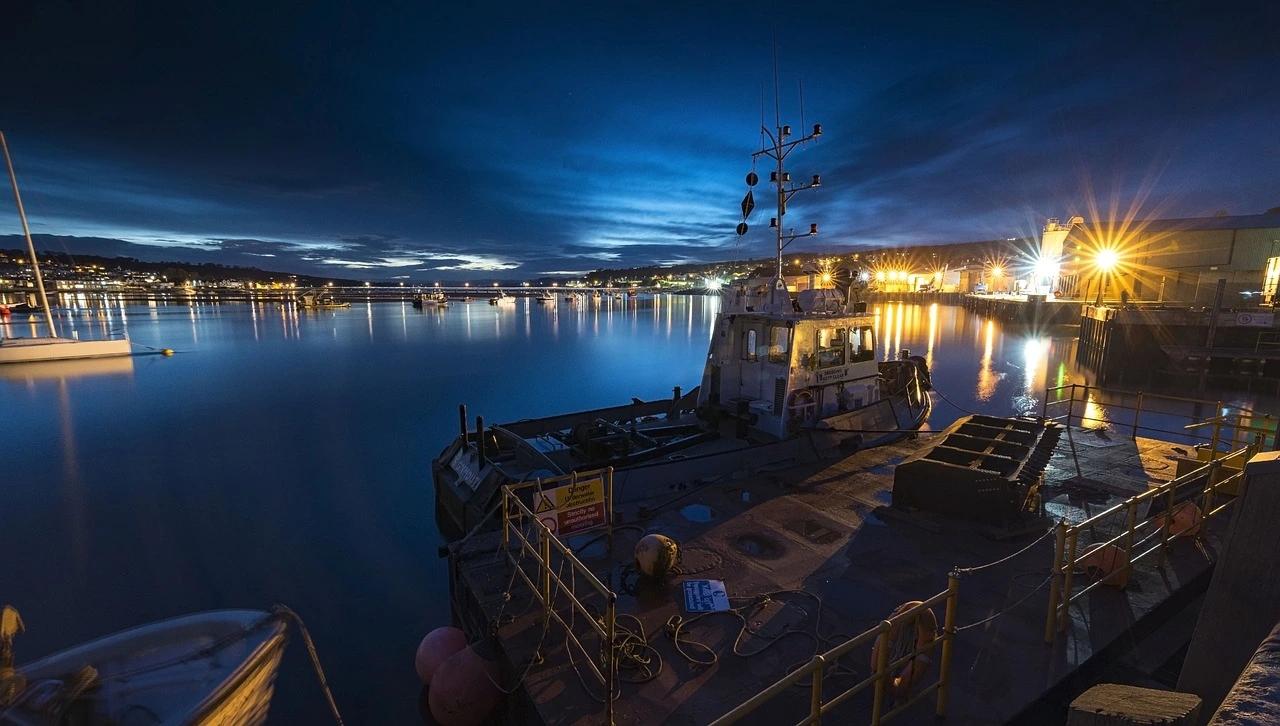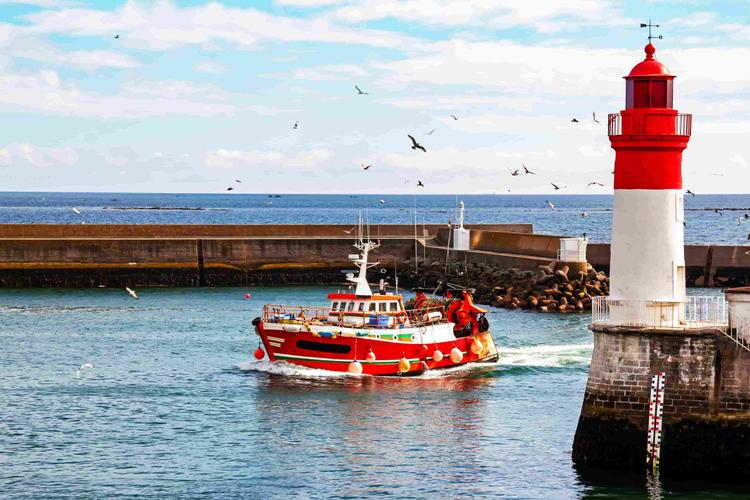How can trawlers be supported in their energy transition?_
The OSE team is conducting an audit of the operational energy and environmental profiles for a small-scale fishing trawler cooperative to accelerate their energy transition.

Energy transition for fishing vessels : the context_
The energy-intensive fishing sector accounts for about 4% of the greenhouse gas emissions from global food production (Parker, 2018). Beyond the climate impact, the costs of fuel and energy generation system upgrades are a concern for industry professionals.
Currently, fishing vessel fleets are preparing for environmental regulations, in particular by bringing them into compliance with the IMO Tier III regulations of the MARPOL Convention (in force since the 1st of January 2021). For engine operations, a reduction in nitrogen oxide (NOx) emissions in controlled emission zones (SECA zone) is required, including the English Channel and the North Sea. This will result in higher operating costs due to the need to optimise the energy generation systems on board the ships. This is the first step towards more stringent standards in the near future.

Energy consumption of fishing boats: what actions are OSE carrying out?_
Using the measured data and the expertise of professional fishing experts, an analysis of the trawler’s operational profiles, consumption and emissions will be carried out. In practice, the operational profiles are the typical consumption profiles relative to the different operational phases. For example, the typical consumption during a low-speed phase with the trawl deployed will be different from that of a return-to-port phase at relatively high speed.
The project therefore aims to support trawlers in their energy transition through a reduction of pollutant and/or greenhouse gas emissions in a viable economic environment. The aim is to be able to reproduce this type of study on different types of fishing vessels.
Benefits of OSE's solution_
In parallel, a feasibility and profitability study of different alternative energy generation and conversion systems that is both economic and environmental will be proposed. For example, the integration of alternative fuels that could make way for a hydrogen or natural gas energy transition (via a retrofit of the motor) could be one of the options considered, as well as on-board energy optimisation.
The alternative energy production architectures selected will be compared with actual operational profiles in order to estimate the gains in consumption and emissions with greater accuracy.
1 OSE developer mobilised
In 12 months
Co-development with different stakeholders: fishing skippers, captains, CRMT and EODev